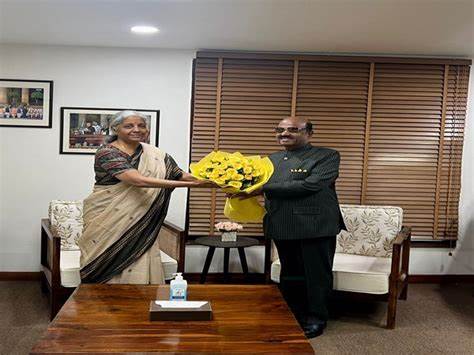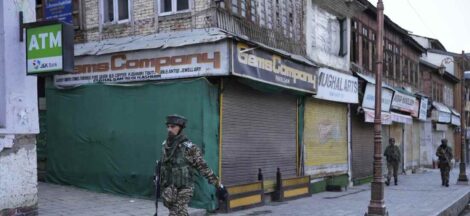The Calcutta High Court has directed West Bengal Chief Minister Mamata Banerjee and three Trinamool Congress (TMC) leaders to refrain from making defamatory statements against Governor C.V. Ananda Bose. This order follows a defamation suit filed by the Governor after Banerjee alleged that women were afraid to visit the Raj Bhavan due to inappropriate activities. The suit also targets TMC leaders for similar comments. This legal move intensifies the ongoing conflict between the Governor and the state’s ruling party, highlighting the deepening political rift in West Bengal.
The Governor’s decision to pursue legal action stems from a May incident where a Raj Bhavan employee accused him of molestation, prompting a police investigation. In response to these allegations, Banerjee publicly criticized the Governor, claiming that women had expressed fears about visiting his residence. This prompted Bose to accuse her and other TMC leaders of defamation, arguing that their remarks were damaging and slanderous.
During a state administrative meeting, Banerjee reiterated the concerns raised by women about visiting the Raj Bhavan. She emphasized the need for addressing these fears, which she claimed were based on recent incidents at the Governor’s residence. The Governor, in his defamation suit, asserted that these statements were baseless and intended to tarnish his reputation. He called on public representatives to avoid making misleading and harmful comments.
TMC leaders have been cautious in their responses to the court’s directive. Dola Sen, a TMC Rajya Sabha MP, stated that she would need to consult with party leadership before commenting on the matter, given its sensitivity. This reflects the party’s approach to handling the issue delicately amid the ongoing political tension.
On the other hand, leaders from other political parties have expressed their views on the situation. Senior BJP leader Rahul Sinha voiced support for the Governor’s decision to file the defamation suit, suggesting that it was a necessary step. Meanwhile, CPI-M leader Sujan Chakraborty criticized both Banerjee and Bose for their actions, arguing that their conflict was detrimental to the state’s image and governance.
The defamation case is set to be a significant legal battle, with the High Court’s directive adding a new dimension to the political dynamics in West Bengal. The court’s intervention underscores the gravity of the allegations and the need for maintaining decorum in public discourse. As the legal proceedings unfold, the state’s political landscape is likely to witness further developments, with both sides gearing up for a protracted confrontation.
This case highlights the complex interplay between legal and political spheres in West Bengal, where allegations of misconduct and defamation are increasingly shaping the narrative. The outcome of this legal tussle will have implications not only for the individuals involved but also for the broader political environment in the state.




 Leaders Leave NCP Amidst Election Losses
Leaders Leave NCP Amidst Election Losses 